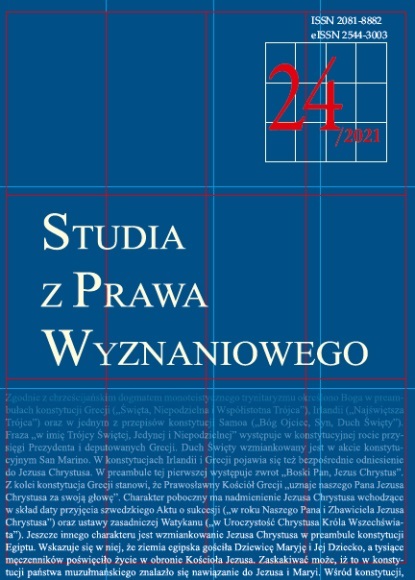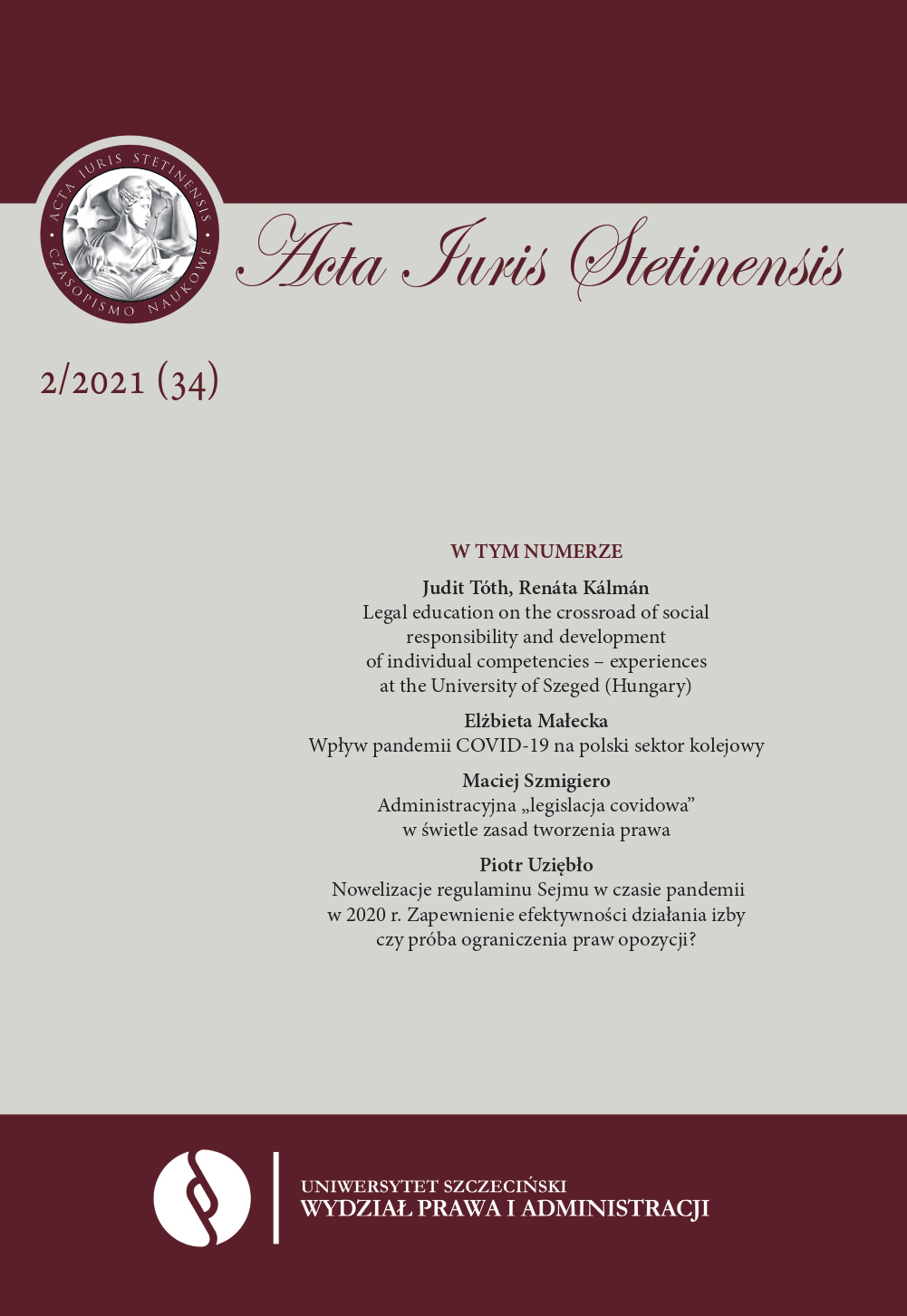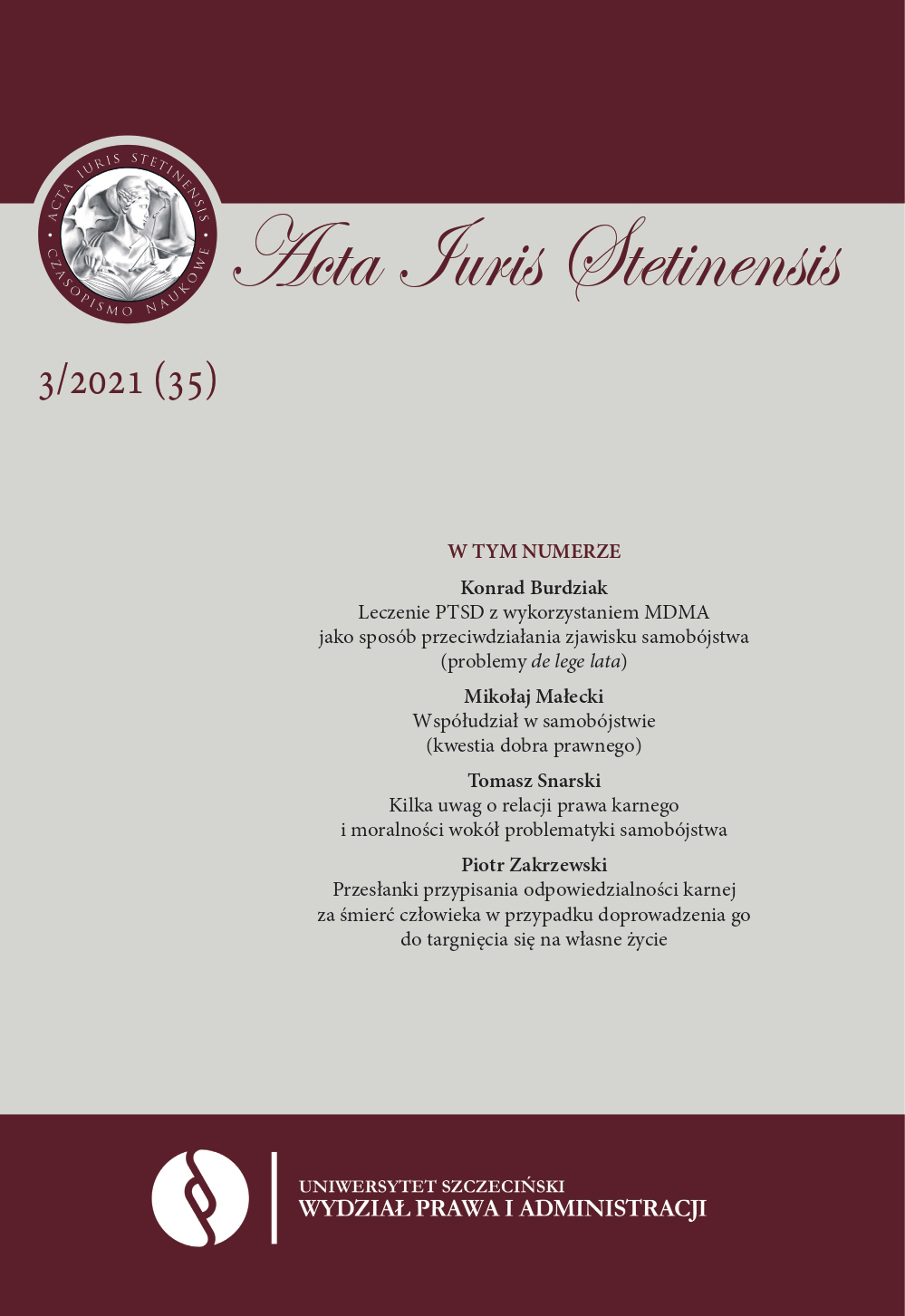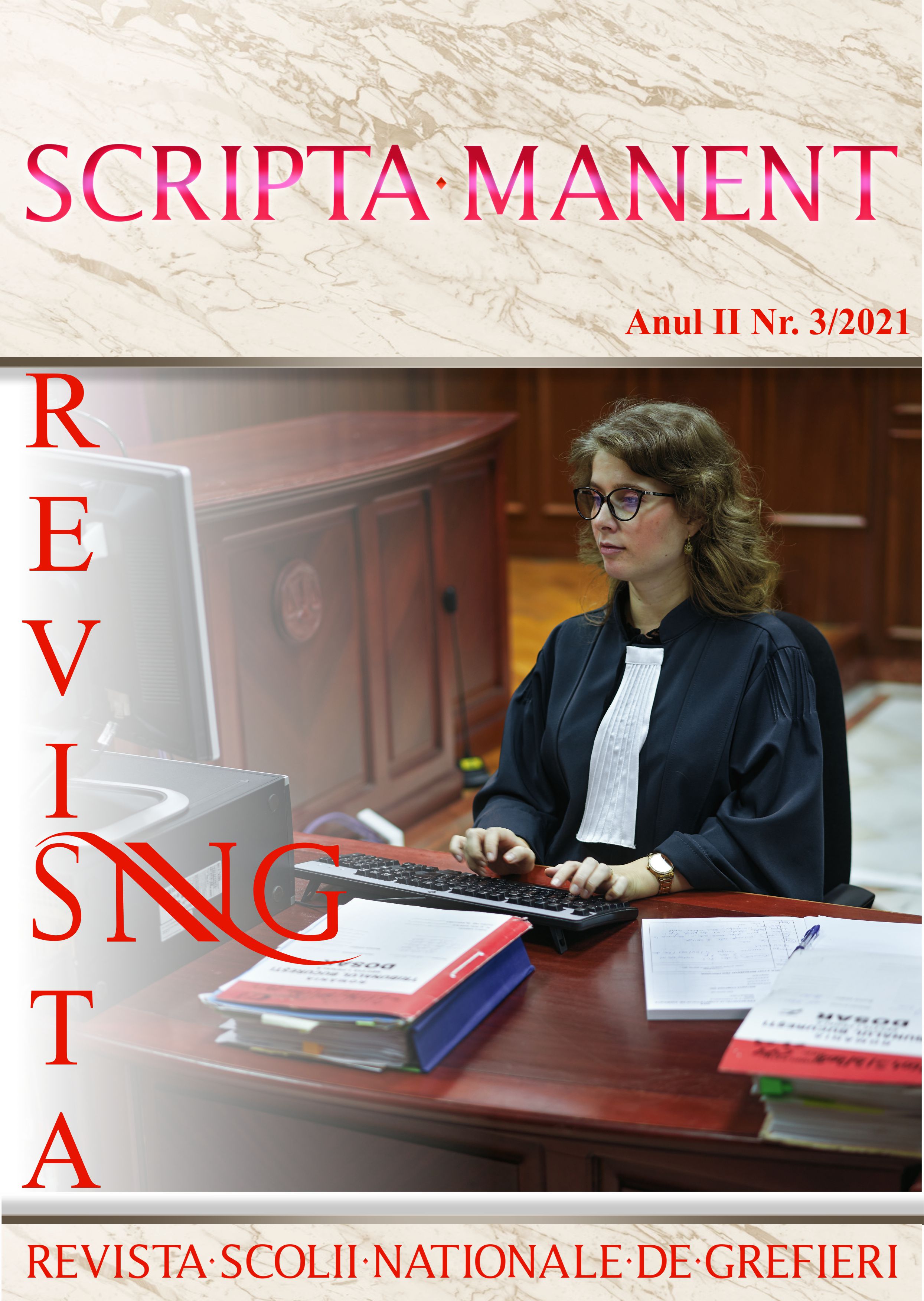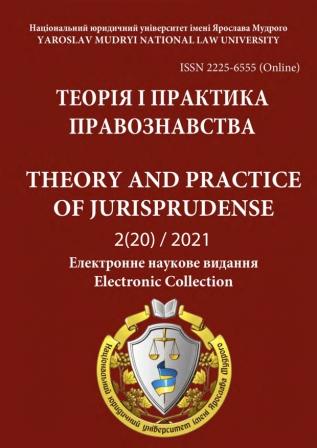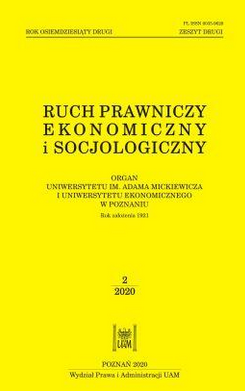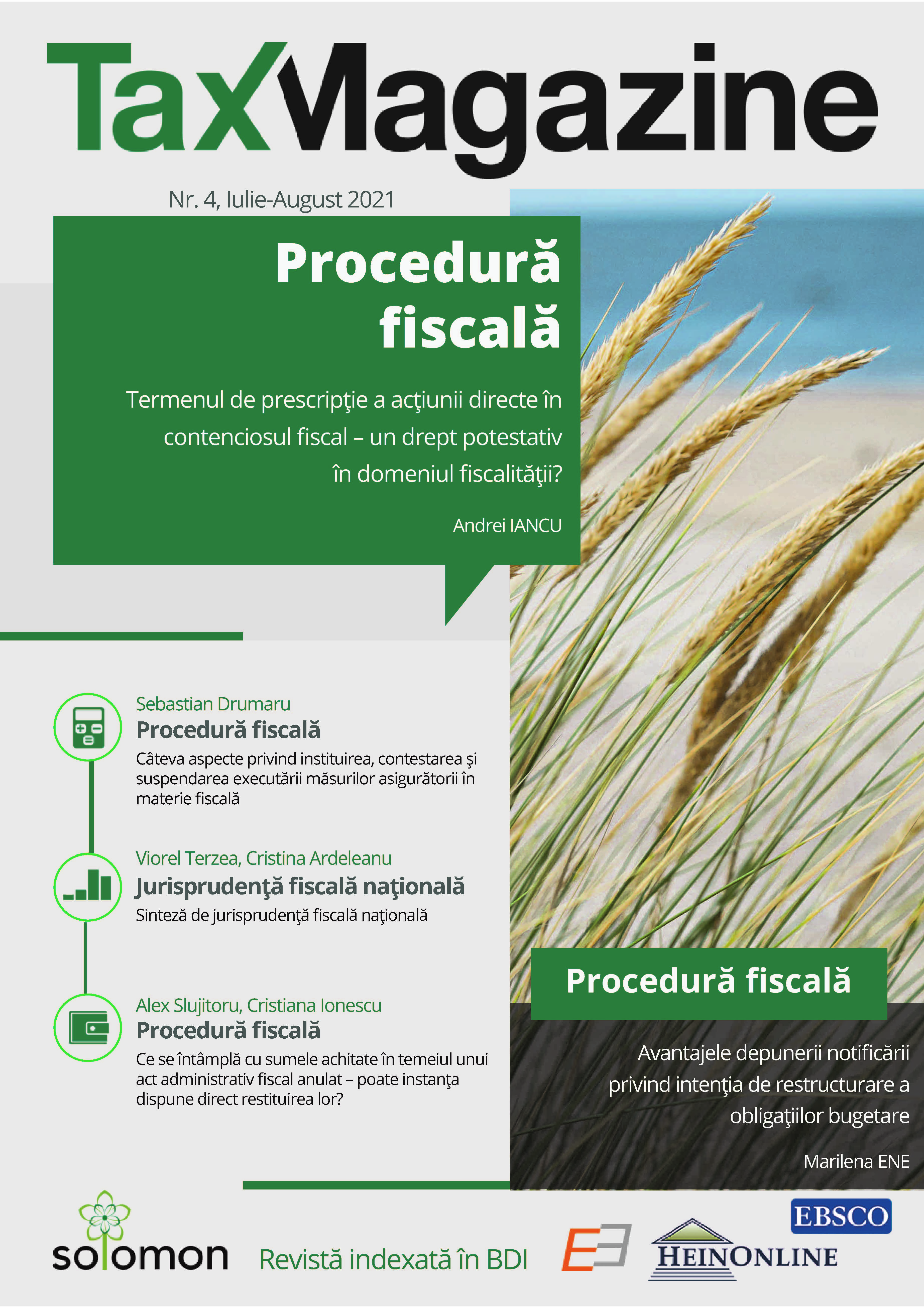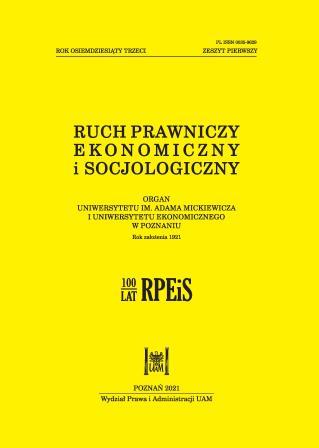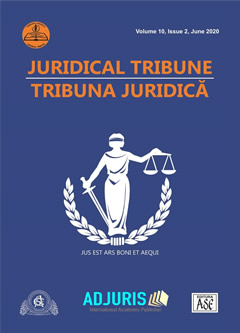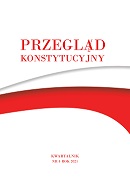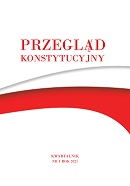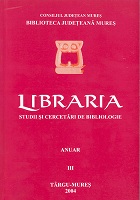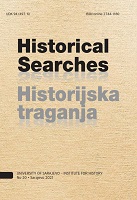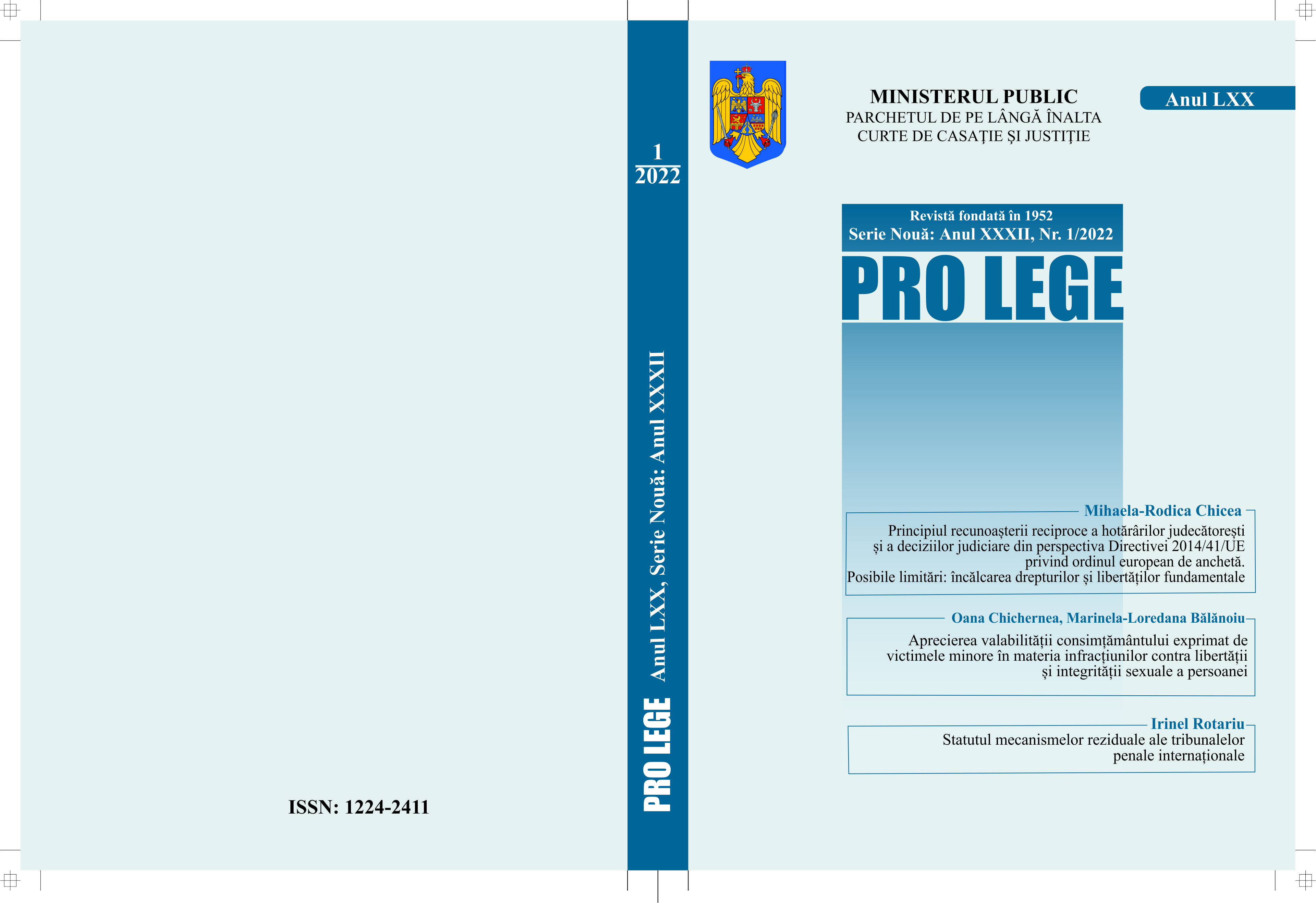Author(s): O. V Pushniak / Language(s): Ukrainian
Issue: 20/2021
The article focuses on the problem of the temporal effect of the rulings of the Constitutional Court of Ukraine declaring the unconstitutionality of legislation, in particular on the matter of retroactivity of such rulings. Based on the existing standpoints in the legal doctrine, the author has analyzed the legislation and legal practices of Ukraine, notably the practice of the Constitutional Court of Ukraine and the Supreme Court. In particular, the highest consideration is given to the established legal positions of the courts, which set up the non-retroactivity of the rulings of the Constitutional Court of Ukraine on unconstitutionality of an act of legislation. This position is based on the courts’ interpretation of Art. 152 of the Constitution of Ukraine as such, which makes it impossible for these rulings of the Constitutional Court of Ukraine to be retroactive. The article also examines the exceptions to this rule. The author notes the fundamental shortcomings of this position, whose categorical approach contradicts a number of fundamental legal principles. It unjustifiably prefers legal certainty, ignoring the requirements of justice, protection of human rights, equality, as well as a number of components of legal certainty or similar requirements of supremacy and direct effect of the Constitution of Ukraine, consistency of law, legality. The inconsistency of such position is also highlighted from the standpoint of the legal dogmatics and argumentation. In general, the decisions of the Constitutional Court of Ukraine and the Supreme Court on this matter do not contain any detailed or proper arguments. Meanwhile, there is a misinterpretation of the relevant provision of the Constitution of Ukraine as determining the direction of the temporal effect of the ruling of the Constitutional Court of Ukraine on the rights and obligations, when in fact this provision directly sets only the dates of invalidation of unconstitutional provisions. Under such conditions, the author states that the general principles of law, the current Constitution and legislation of Ukraine generally do not prohibit the retroactivity of rulings of the Constitutional Court of Ukraine on unconstitutionality of an act of legislation. Rather, they point at its necessity in many cases. At the same time, the author emphasizes the need for a more flexible approach to determining the directions of the temporal effect of rulings of the Constitutional Court of Ukraine.
More...
